Description
Confronting Animal Abuse presents a powerful examination of the human-animal relationship and the laws designed to protect it. Piers Beirne, a leading scholar in the growing field of green criminology, explores the heated topic of animal abuse in agriculture, science, and sport, as well as what is known, if anything, about the potential for animal assault to lead to inter-human violence. He convincingly shows how from its roots in the Irish plow-fields of 1635 through today, animal-rights legislation has been primarily shaped by human interest and why we must reconsider the terms of human-animal relationships. Beirne argues that if violations of animals’ rights are to be taken seriously, then scholars and activists should examine why some harms to animals are defined as criminal, others as abusive but not criminal and still others as neither criminal nor abusive. Confronting Animal Abuse points to the need for a more inclusive concept of harms to animals, without which the meaning of animal abuse will be overwhelmingly confined to those harms that are regarded as socially unacceptable, one-on-one cases of animal cruelty. In this pioneering, pro-animal book Beirne identifies flaws in our traditional understanding of human-animal relationships, and proposes a compelling new approach. 252 p.

- Piers Beirne. Professor of Sociology and Legal Studies. University of Southern Maine, Portland, ME (USA).
- Publication date (reprint original edition 2009 to digital version): 2015-07 – Rowman & Littlefield Publishers.
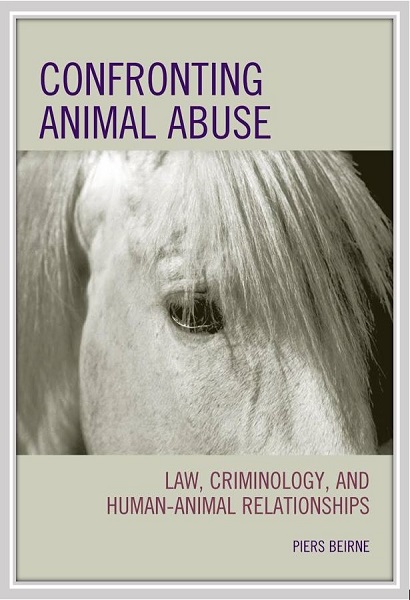
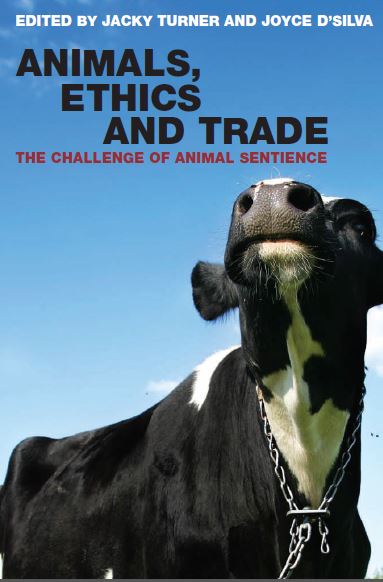
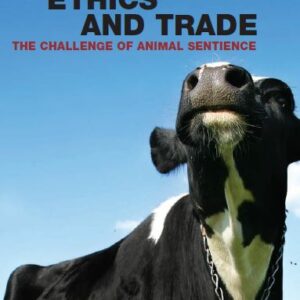


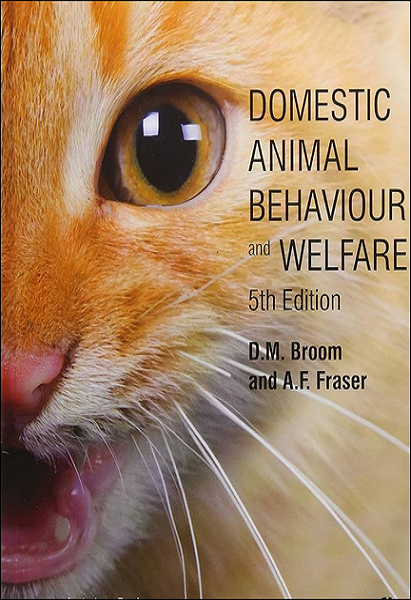
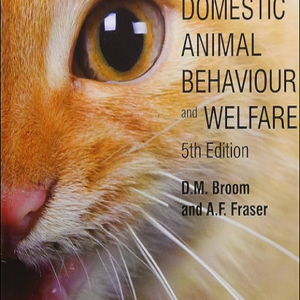
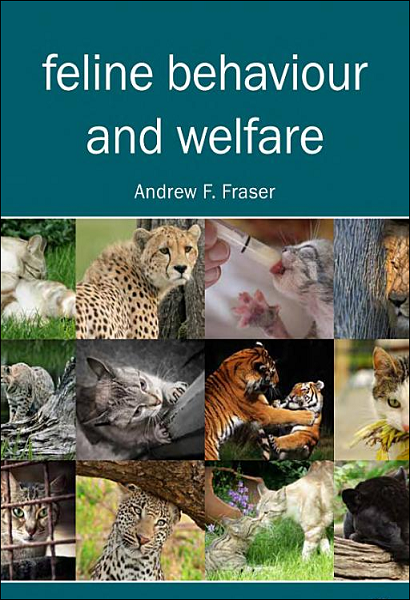
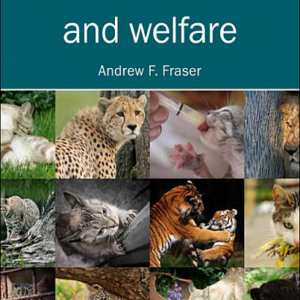
You must be logged in to submit a review.